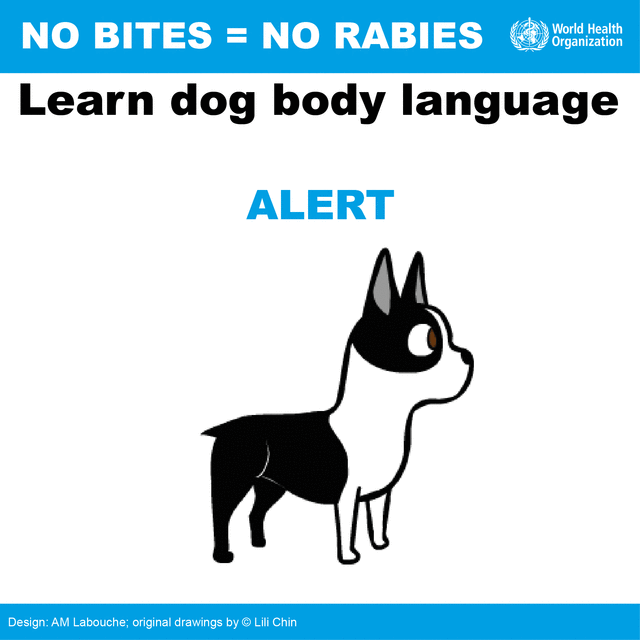Dog bite prevention
Dogs are an important part of our lives.They are our best friends and guardians, they offer us their company and we think of them as part of the family.
But, why would a dog bite us?
It’s usually because dogs and humans communicate in different languages. Because we don’t understand dog language, we can create situations that may lead a dog to bite us. But if we learn to behave responsibly around dogs, we can avoid situations that result in being bitten. Dogs don’t bite without a reason. They might bite because they feel scared, pain or frustration.
They might also bite when they want to defend their territory or when they have not been socialised with people or other animals.
Reducing rabies risk
By preventing bites, we will not only reduce the incidences of unpleasant and painful attacks, we will also reduce the risk of contracting rabies.
Educational material for children
Because children are the most vulnerable to bites we have written a guide featuring five basic tips on behaving properly with dogs. You will also find suggestions for activities you can carry out in class.

Want a friend? Be a friend!
A visual guide to dog language, how kids should and should not interact with dogs, responsible pet ownership, dog bite prevention, and rabies prevention. The...

Friends don't bite!
A colouring book meant to engage children about dog behaviour, rabies, and acceptable activity around dogs. The book presents three little short stories: ...

Related content
